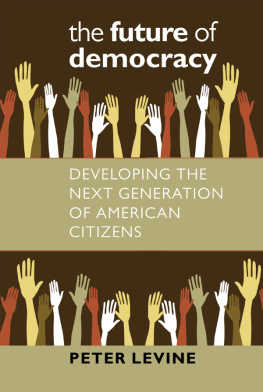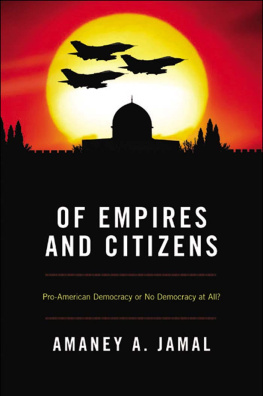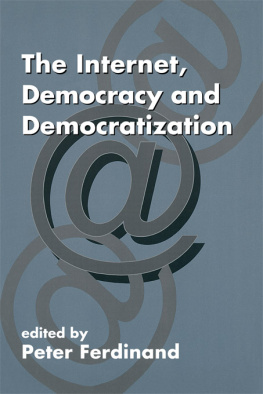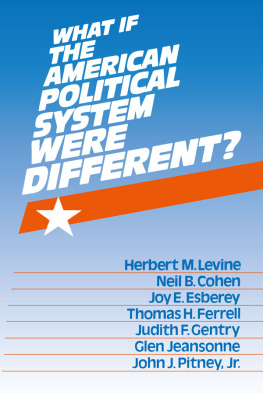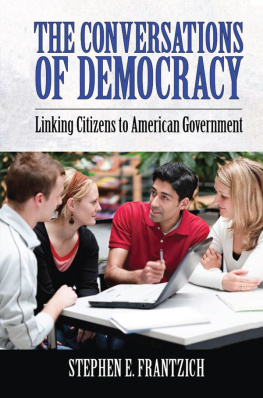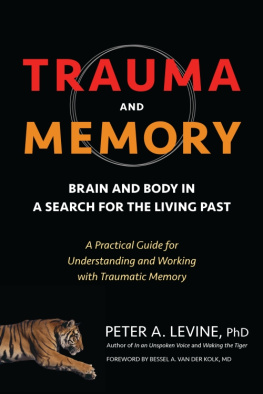CIVIL SOCIETY
HISTORICAL AND CONTEMPORARY PERSPECTIVES
Series Editors:
VIRGINIA HODGKINSON, Public Policy Institute, Georgetown University
KENT E. PORTNEY, Department of Political Science, Tufts University
JOHN C. SCHNEIDER, Department of History, Tufts University
Peter Levine, The Future of Democracy: Developing the Next Generation of American Citizens
Elayne Clift, ed., Women, Philanthropy, and Social Change: Visions for a Just Society
Brian OConnell, Fifty Years in Public Causes: Stories from a Road Less Traveled
Pablo Eisenberg, Philanthropys Challenge: The Courage to Change
Thomas A. Lyson, Civic Agriculture: Reconnecting Farm, Food, and Community
Virginia A. Hodgkinson and Michael W. Foley, eds., The Civil Society Reader
Henry Milner, Civic Literacy: How Informed Citizens Make Democracy Work
Ken Thomson, From Neighborhood to Nation: The Democratic Foundations of Civil Society
Bob Edwards, Michael W. Foley, and Mario Diani, eds., Beyond Tocqueville: Civil Society and the Social Capital Debate in Comparative Perspective
Phillip H. Round, By Nature and by Custom Cursed: Transatlantic Civil Discourse and New England Cultural Production, 16201660
Brian OConnell, Civil Society: The Underpinnings of American Democracy
PETER LEVINE
The Future of Democracy
DEVELOPING THE NEXT GENERATION OF AMERICAN CITIZENS
TUFTS UNIVERSITY PRESS
Medford, Massachusetts
Published by
UNIVERSITY PRESS OF NEW ENGLAND
Hanover and London
Co-sponsored by the Jonathan M. Tisch College of Citizenship and Public Service
Tufts University Press
Published by University Press of New England,
One Court Street, Lebanon, NH 03766
www.upne.com
2007 by Tufts University Press
All rights reserved. No part of this book may be reproduced in any form or by any electronic or mechanical means, including storage and retrieval systems, without permission in writing from the publisher, except by a reviewer, who may quote brief passages in a review. Members of educational institutions and organizations wishing to photocopy any of the work for classroom use, or authors and publishers who would like to obtain permission for any of the material in the work, should contact Permissions, University Press of New England, One Court Street, Lebanon, NH 03766.
Library of Congress Cataloging-in-Publication Data
Levine, Peter, 1967
The future of democracy : developing the next generation of American citizens / Peter Levine.
p. cm.
Includes bibliographical references and index.
ISBN-13: 9781584656487 (cloth : alk. paper)
ISBN-10: 1584656484 (cloth : alk. paper)
ISBN: 9781611687880 (eBook)
1. YouthUnited StatesPolitical activity. 2. Political participationUnited States. 3. Social participationUnited States. 4. DemocracyUnited States. 5. Youth developmentUnited States. I. Title.
HQ799.2.P6L48 2007
323.6'508350973dc22 2007011141
CONTENTS
TABLES AND FIGURES
TABLES
Civic Engagement by Education and Class
Core Indicators of Civic Engagement
Purpose of Public Schools
Major Themes that 1525-year-olds Remember from their Classes
FIGURES
Political Participation and Human Development
Turnout (ages 1825)
Attentiveness to News (ages 1825)
News Consumption and Confidence (ages 1825)
Measures of Community Participation from the DDB Life Style Survey (ages 1825)
Two Measures of Youth Volunteering
Free Speech Rights for Gay Teachers
Priorities
A Map of Civic Renewal
Index of Civic Health
PREFACE
This book is an argument about why and how we should prepare young people to be active and responsible democratic citizens. I present new data, including statistics from a 2006 survey of American youth and quotations from various recent interviews and focus groups. Most of the empirical base, however, comes from previous quantitative research that I summarize and synthesize.
I also direct attention to normative questions: issues of value and principle that are often left implicit in the literature on youth civic engagement. For example, why should people participate actively in community affairs? There is evidence that when many citizens participate, public institutions work better. I cite data to support that causal theory. There is, however, an equally important reason for democratic participation that has little to do with its effects. To engage in community affairs is dignified and rewarding; to encourage others to participate is a way of demonstrating respect for them. We can explicate and defend the value of civic engagement in such terms, not merely by citing data about its consequences.
Likewise, why should we give serious civic responsibilities to children and adolescents? Advocates of positive youth development have shown that by involving young people in important roles, we can increase the odds that they will succeed in school and avoid delinquency. That evidence is worth investigating, but positive youth development reflects a more fundamental ethical commitment. It is a way of treating fellow human beings as responsible agents and enabling them to develop their talents and political autonomy.
It will already be evident that this is an opinionated book, written in the first person singular, and I am solely responsible for the opinions it containsas well as for any errors of fact or logic. Its empirical basis, however, has been a group effort. To a large extent, the facts come from five years of collaborative effort by CIRCLE (the Center for Information & Research on Civic Learning & Engagement) at the University of Maryland.
Given CIRCLEs enormous impact on this book, the center will receive all proceeds from its sale. I owe especially deep gratitude to CIRCLEs staff, past and present: our founding and visionary director, William Galston; our scrupulous and dedicated research director, Mark Hugo Lopez; my colleagues Deborah Both, Barbara Cronin, Carrie Donovan, Abby Kiesa, Emily Hoban Kirby, Karlo Barrios Marcelo, Demetria Sapienza, and Dionne Williams; and several cohorts of graduate students, including Gary Homana, who helped me with the book. It is a cohesive, talented, and committed team.
CIRCLE has been primarily funded by The Pew Charitable Trusts and Carnegie Corporation of New York. I must also acknowledge four program officers at these foundations for their vision, guidance, and patience: Michael X. Delli Carpini, Cynthia Gibson, Geraldine Mannion, and Tobi Walker. Cindy Gibson has also been my close collaborator on several projects, notably the Civic Mission of Schools report of 2003, and I have learned an enormous amount from her.
The circle of CIRCLE is large, encompassing twenty-eight members of a distinguished advisory board and at least eighty recipients of CIRCLEs research grants, which were made possible by The Pew Charitable Trusts and Carnegie Corporation of New York. All of these people have influenced this book, and their names fill the notes, but I am especially grateful for the intellectual guidance and personal support of Harry Boyte, Constance Flanagan, Diana Hess, Lewis Friedland, Carmen Sirianni, Judith Torney-Purta, and James Youniss.


